
A Beginner's Guide to Camping Holidays in the UK
If you've never done it before, or if it's something you only do once in a blue moon, why not consider camping? With long days and warm evenings, camping season is upon us! As well as promising a sense of adventure, camping is one of the most economical ways to travel. It's a budget-friendly holiday that can be enjoyed abroad or at home in the UK. Wherever you venture, camping guarantees a humble holidaying experience that you'll remember for years to come. Perfect for fun-loving families or couples seeking a romantic getaway, camping trips are a great way to reconnect with nature and enjoy a sense of escapism. Just be sure to follow our top tips for a smooth ride! Because if camping requires one thing, it's preparation and a little know-how...
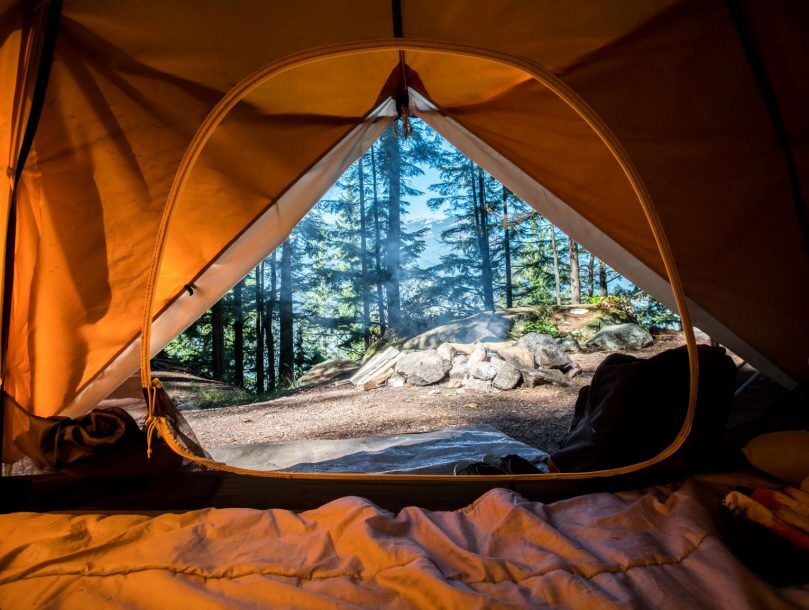
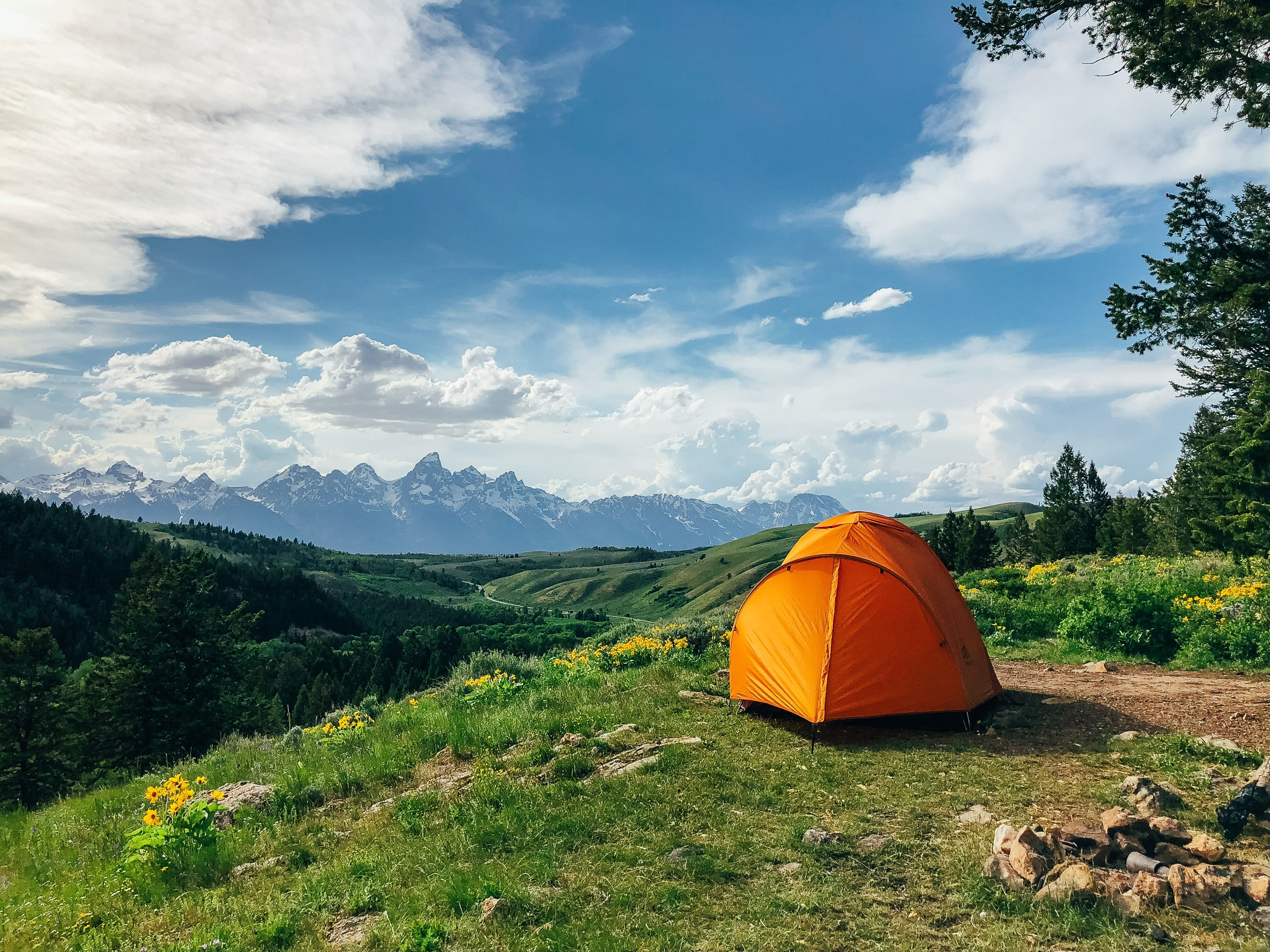
Where is the best place to go to camp in the UK? Stunning seaside spots, National Park campsites, the picturesque Lake District and more...
From the south west of England to the central belt of Scotland, there are thousands of UK campsites – catering to both tents and caravans – dotted in scenic locations across all four corners of the British Isles. Many are worth a visit but, as the choice can be overwhelming, we're here to narrow things down for you and indicate some of the best places to set up camp. For an at-one-with-nature experience and a camping holiday to remember, head to a National Park. For example, there are multiple campsites scattered across Loch Lomond and the Trossachs National Park, perfect for novice campers keen to acquaint themselves with the great outdoors. If you're an experienced camper, why not raise the stakes and undertake wild camping in these same stunning Scottish spots? A camping holiday complete with breathtaking views can likewise be enjoyed in the Lake District, England's largest National Park. Choose from sites that look out over Lake Windermere, or locations that have easy access to towns for day trips and cosy pub dinners. Along with National Parks, coastal campsites promise a getaway that's good for the soul too. The coastline along the south west of England has many great spots to pitch a tent, such as St Ives and Padstow. Sites that sit at sea level also tend to be mild in terms of climate – in comparison with campsites that are at an altitude – making them a top pick for camping first-timers. And, if you're still in need of inspiration, why not enjoy the best of both worlds and head to the Pembrokeshire Coast National Park in south west Wales? Despite being on the smaller side, this park has a stunning geography and numerous walking routes through varied countryside.
If you're new to the world of camping, we suggest choosing a location that's closer to home and limiting your stay to a couple of nights. Dipping your toe into the camping experience will maximise your chances of catching the camping travel bug! Plus, it gives you a safety blanket should the weather take a turn, or should you decide that camping just isn't for you. Top tip: research your destination, choose a place with facilities that meet your needs, book your camping spot in advance, and ensure you comply with any relevant regulations.
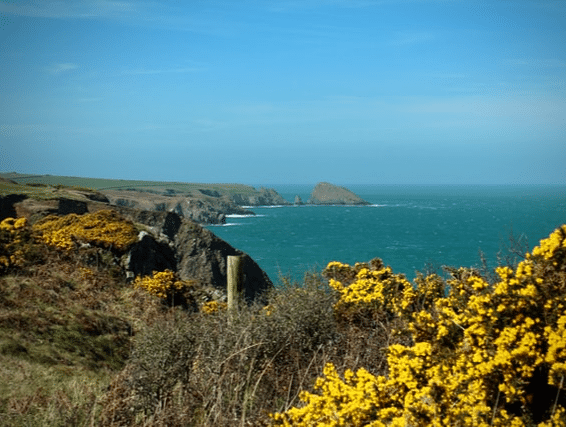
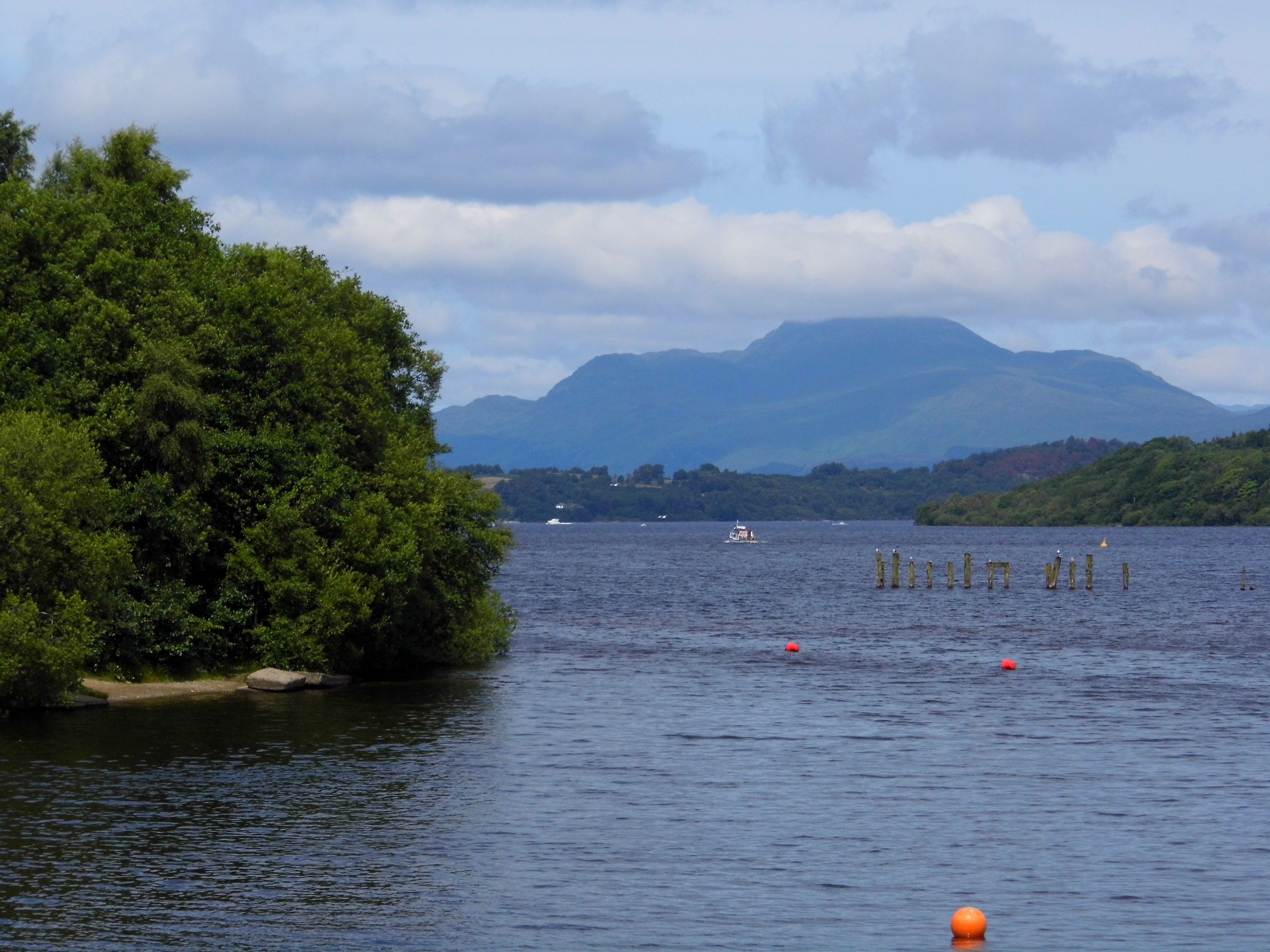
What to take camping: tents, sleeping bags and other essential equipment
It's no surprise that a quality tent is the number one must-have for a successful camping holiday or mini-break. If you've not got one to hand, consider borrowing a tent from a friend or even renting one before making any big investments of your own. A larger tent is always going to provide a more comfortable living set-up; a 3-person tent for couples is the ideal and, as a rule of thumb, choose a tent that's 1-2 persons bigger than your group. Don't forget, you'll want to pitch your tent while it's still daylight (you can always do a trial run in the back garden first) and you'll need an appropriately sized ground sheet to go with it – not too big or too small. Now that the obvious is out the way, let's focus on the rest of your kit. For a comfortable night's sleep, each camper will need a quality sleeping bag and either an air mattress (don't forget the pump!) or a roll up mat. While the former may provide a little more luxury, the latter will offer more insulation, so long as you choose a mat with a high R-value. Other essentials include: lanterns and a torch, a fold up table and chairs, a first aid kit, portable phone charger, toiletries, sun cream (handy in spring and essential come summer) and hand sanitiser. You may also want to pack some extras to keep you occupued, such as a deck of cards, a frisbee or a pair of binoculars! The top trick is to be well prepared, but to still pack semi-light where possible.
What food to take camping, plus extras like stoves and saucepans
To enjoy your camping adventure to the max, make sure you take plenty of food and plan your meals in advance. As you'll be outdoors and on-the-go, you may need a little more fuel than usual. Just keep in mind that reduced facilities mean your meals will no doubt be on the simpler side. If you want to keep to tradition, think hot dogs, burgers, and one-pot-wonders like chilli. And don't forget, no camping experience is complete without roasted marshmallows, s'mores or banana splits! To simplify the cooking process, you can always bring a pre-cooked meal along for your first night too. For a successful banquet in the wild, the essential equipment to remember is as follows: a camp stove, fuel, a lighter, a cool bag, necessary cooking utensils (don't forget a tin opener!) and at least one saucepan. Make sure you pack cutlery and non-fragile plates and cups too, as well as bin bags and washing up necessities. Water bottles and flasks for your tea or coffee wouldn't go amiss either.
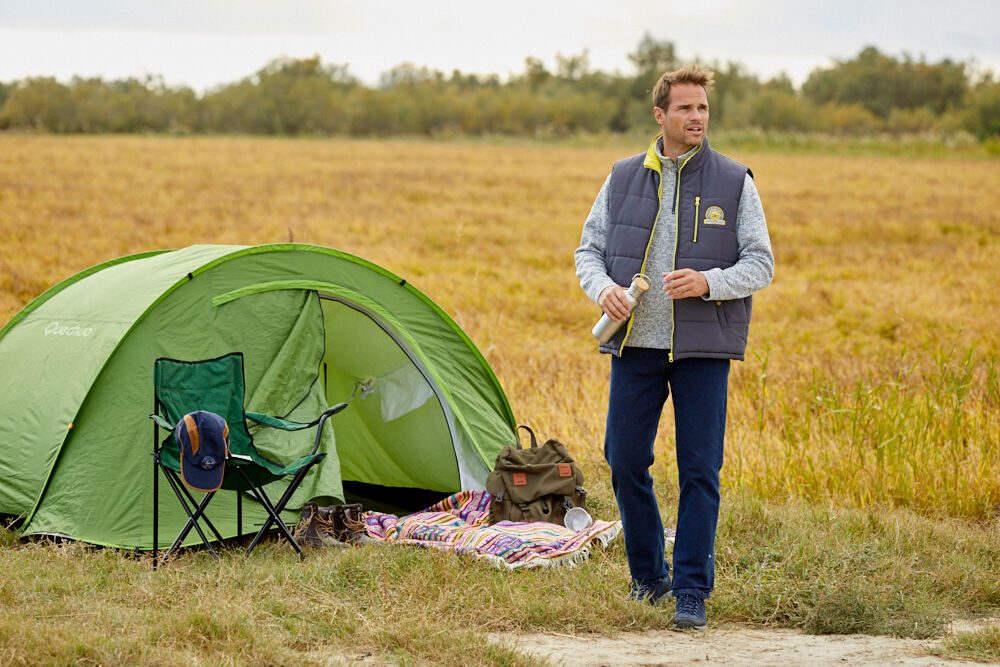
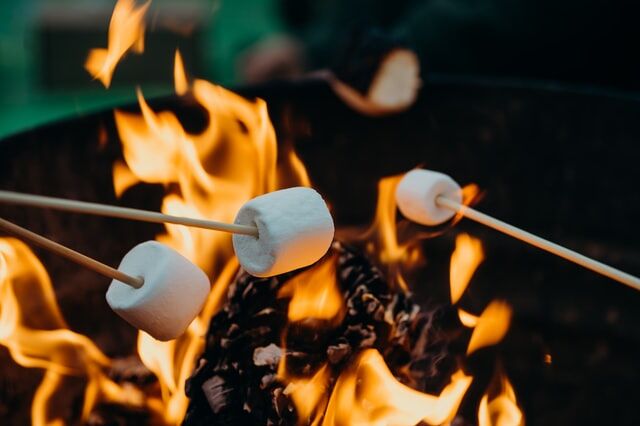
What to wear on a camping trip to stay warm and comfortable
When it comes to appropriate camping clothing, it goes without saying that it's best to pack easy-care, machine-washable items that you don't mind getting dirty. That being said, the most important thing to keep in mind is layers – at the very least you definitely won't regret bringing along a cosy fleece! It's always well worth checking out the weather forecast for your destination and packing in accordance. But, even if the daytime promises to be warm, be prepared for temperatures to plummet at night time. It's always wise to pack warmer clothing (especially for when it gets chilly overnight) and, on top of that, a water-repellent or waterproof windbreaker is an outdoors essential come rain or shine in daylight hours. In cold conditions, to keep your body temperature regulated at night, opt for warm pyjamas as well as gloves and a wooly hat that you can comfortably sleep in; though seemingly minor accessories, the latter two are items you won't want to find yourself without unless it's sweltering! Other sensible camping gear to bring along includes a baseball cap and sunglasses, plus a sturdy pair of shoes (such as hiking boots) and an easy-to-slip on pair for middle-of-the-night bathroom trips. And of course, don't forget socks and underwear (trust us, they're easy to miss off the list). All things considered, the key is to choose soft and stretchy clothing that will give you total freedom of movement when pitching your tent, setting off for a walk or rolling up your sleeping bag. For added comfort whatever the weather, prioritise quick-dry clothing, usually made from polyester microfibre. If you can dress to successfully defend yourself against cool temperatures and damp conditions, we promise your overall camping experience will be ten times more enjoyable!
Feeling ready to set off on a little adventure?
With all of this advice under your belt, you should be perfectly prepped for an enjoyable camping trip. So, get ready to sleep beneath a starlit sky and – if you're feeling particularly adventurous – to wake up to watch the sunrise. Camping can be the source of once-in-a-lifetime memories and is definitely something to tick off your bucket list. And, if you're looking for more travel tips or location inspiration, check out our rundown of the